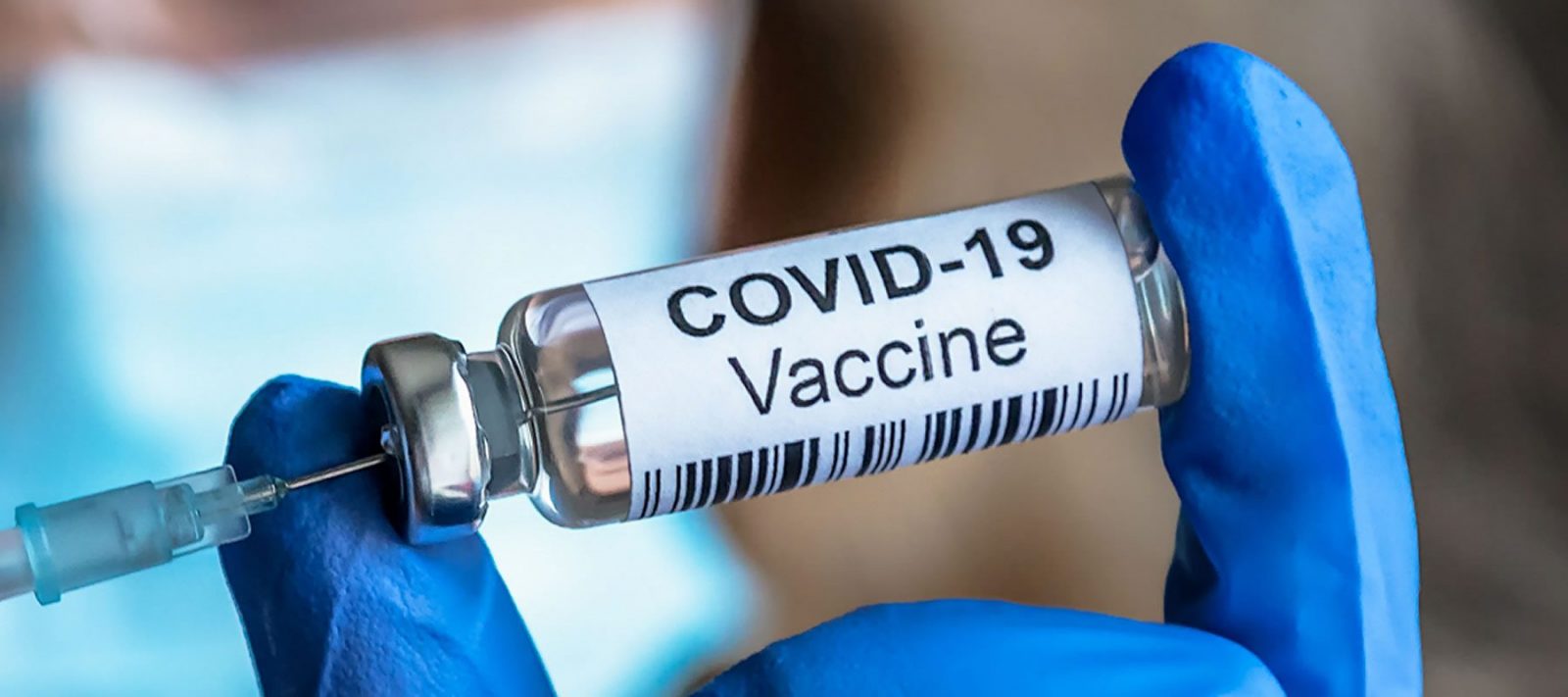COVID-19 mRNA vaccine may extend survival in advanced cancer patients
A new study has found that a COVID-19 mRNA vaccine significantly increased survival time in stage 3 and 4 cancer patients receiving immunotherapy. If confirmed, experts say the findings could mark “a new era” in cancer treatment.

Vaccines are typically known for preventing disease — not treating it — but new research challenges that assumption. A recent U.S. study revealed that the COVID-19 mRNA vaccine appears to boost survival among advanced cancer patients undergoing immunotherapy. Scientists believe that if the results are validated in larger clinical trials, the discovery could redefine how cancer is treated in the future.
Study details
Researchers at the University of Texas MD Anderson Cancer Center analyzed data from more than 1,000 patients with advanced lung and skin cancers. They compared those who received an mRNA COVID-19 vaccine within 100 days of starting immunotherapy with those who did not.
The results were striking:
Lung cancer patients who were vaccinated lived an average of 37.3 months, compared to 20.6 months for those who were not.
Advanced melanoma patients saw survival increase from 26.7 months to up to 40 months among those who received the vaccine.
Some participants were still alive when the data was collected, suggesting that the benefits may be even greater over time.
Why mRNA vaccines stand out
Researchers found no similar benefit from traditional flu or pneumonia vaccines, underscoring that mRNA vaccines function differently.
Unlike conventional vaccines, mRNA vaccines work by instructing human cells to produce a harmless piece of a virus — such as the coronavirus spike protein — that triggers a powerful immune response without causing infection.
How vaccination may enhance cancer treatment
Study coauthor Dr. Elias Sayour explained that mRNA vaccines may “sound the alarm” within the immune system, helping it better recognize and attack cancer cells.
Dr. Nilesh Vora described the effect as an “enhancement” that amplifies the response of immunotherapy.
Lead author Dr. Adam Grippin said mRNA vaccines act “like a siren” that activates the immune system and, when combined with immune checkpoint inhibitors, unleashes its full potential to destroy tumors.

A glimpse into the future of cancer vaccines
Experts believe this research could pave the way for new types of mRNA-based cancer vaccines — ones that train the body to fight specific tumors.
Dr. Tanya Evans said, “Instead of providing instructions to make a viral spike protein, future vaccines could encode antigens from cancer cells, prompting the immune system to attack the tumor directly.”
Next steps
Because the study was retrospective, researchers are now preparing a phase 3 clinical trial to confirm the findings in a controlled setting.
“Our hope is that RNA therapeutics could not only help patients already receiving immunotherapy but also benefit those with immune-resistant tumors,” said Dr. Grippin.





